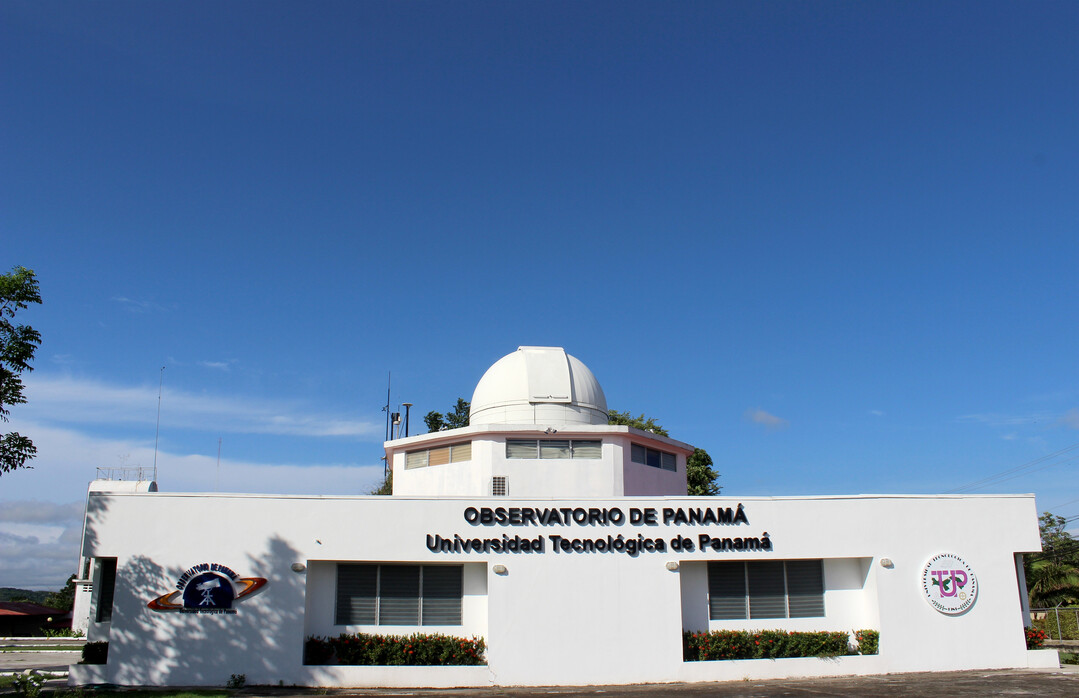
Panama City, Panama - The Panamanian Industrialists' Union (SIP) has issued a warning about the projected 3.6% economic growth for 2025, stating that this figure is insufficient to address the country's pressing issues of unemployment and informality. In a study presented by SIP President Raúl Montenegro Vallarino, the union highlighted the challenges facing the Panamanian economy and urged authorities to take immediate action to stimulate growth and improve the business climate.
The study revealed that the local industry accounted for only 4.6% of the Gross Domestic Product (GDP) in 2024. Several factors contributed to this low figure, including climatic events that affected beef and pork production, and the closure of Minera Panamá, SA, which impacted the production of cement, concrete, and other construction materials. The decline in social interest housing construction due to uncertainty over the Preferential Interest Law renewal also played a role.
Montenegro emphasized that these issues have led to increased unemployment and informality, resulting in decreased domestic consumption and further impacting local industry. Despite these challenges, Panamanian industrialists continue to invest in the country, with an 11% increase in loans granted to the sector by the banking system. The gross added value of the sector reached $4,204 million in 2024, and the industry employs 152,603 workers, making it the third-largest employer in the country, following commerce and agriculture.
The SIP also highlighted the strong performance of the sector's exports, valued at $362 million in 2024, reflecting a 32% growth since 2010. However, exports covered by the country's 22 Free Trade Agreements (FTAs) only amounted to $71 million last year.
To improve the industry's performance, competitiveness, and export capacity, the SIP called for addressing structural problems such as the ease of starting or expanding a business, the quality of logistics infrastructure, the high cost of electricity, the lack of drinking water, the low quality of human capital, and difficulties in paying taxes.
Montenegro reiterated the importance of reopening the Cobre Panamá mine to reactivate industrial activity and domestic consumption. He acknowledged the need for a broad debate on the ideal legal framework for the mine's operation but warned that without the resumption of mining activity, the country will not be able to achieve the 5% annual growth rate needed to reduce unemployment and informality.
The SIP's warning highlights the urgent need for action to address the challenges facing the Panamanian economy. The union's recommendations provide a roadmap for authorities to improve the business climate, promote productive investment, and increase exports, ultimately leading to sustainable economic growth and job creation.
[Copyright (c) Global Economic Times. All Rights Reserved.]




























